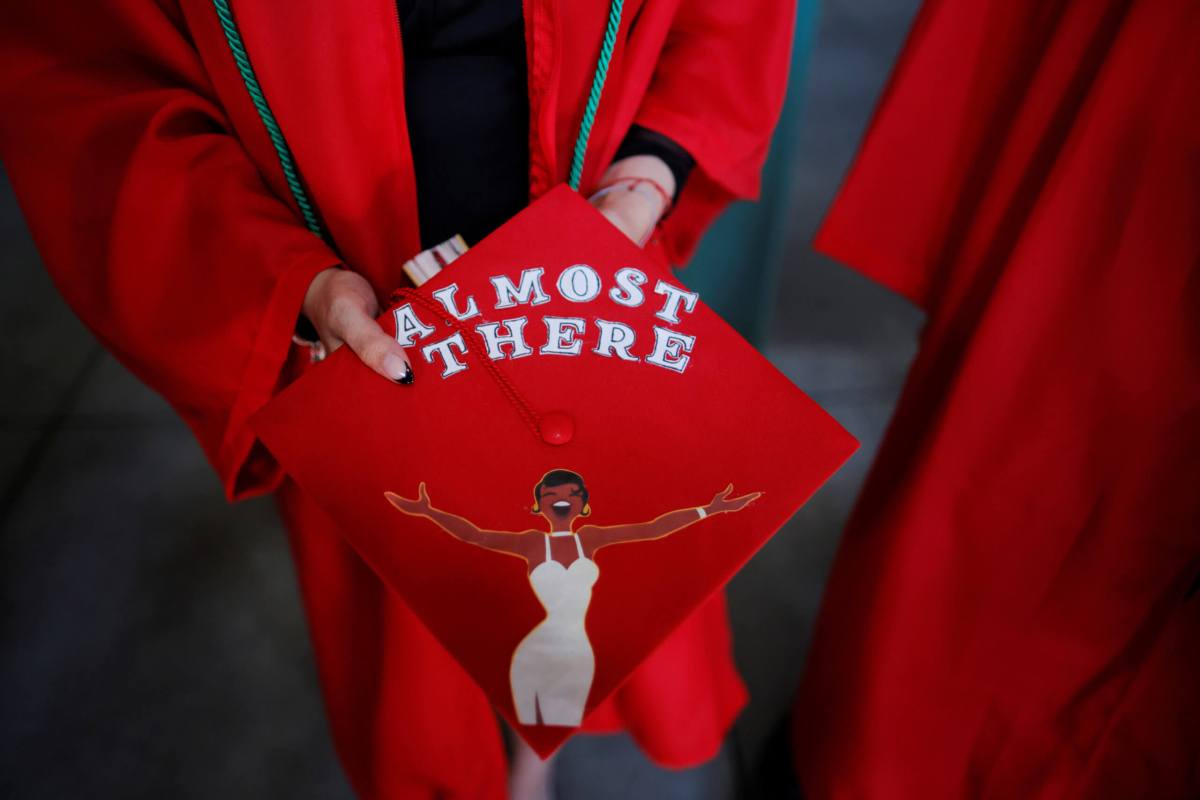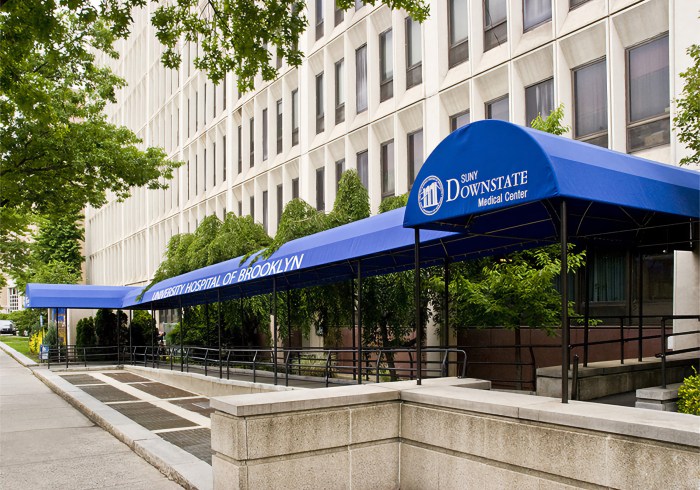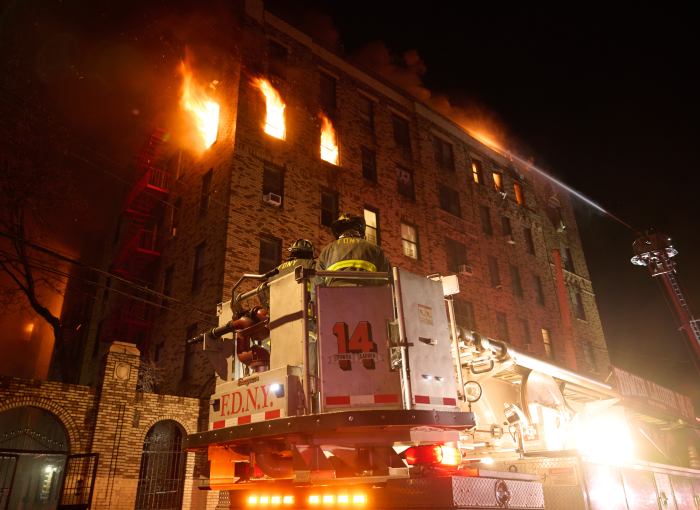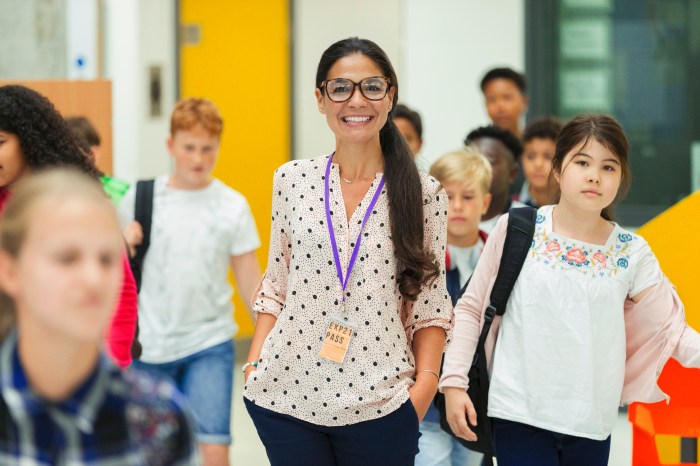Dear Graduate:
Congratulations to the Class of 2021! You made it! This is no small achievement. Did you know that only one-half of students who started at a private college four years ago are graduating this year? For public colleges and universities, the rate is one-third. You not only are a survivor, you are a success-story.
But you did not achieve this success alone. Think of your family, faculty, friends, and other fans who supported you along the way.
Graduation is a time of celebration, for sure. It also is a time for reflection, to reflect on what it took to get to this day, what you will do in your tomorrows, and how you will repay those who helped – how you will justify their faith in you.
Today is not the end of a journey toward becoming more fully human. It is not a beginning either. It is a point, a marker, on your path to fulfillment. Think of your markers: first day, last day, this day: the day you started, the day you knew you had reached this milestone, and this day when you don the cap and gown signifying academic achievement.
While you majored in a subject, you learned that knowledge cannot be boxed, that problems require an interdisciplinary approach. You learned, we hope, that an open mind is an analytical mind, a mind that knows the difference between fact, faith, and fear, empirical evidence, epiphany, and emotion, especially prejudice.
We hope that you reflect on the fundamental elements of advanced education. It consists in history, that is, what came before whether in politics or science. We hope that your historical approach is open to 1619 and this date’s importance in U/S. history as well as to 1916 and its significance to Women’s Rights and national governance. We hope that your studies have ignored neither George Floyd nor Lloyd George, both significant in world history.
We hope that your education fostered the development of imagination, the ability to ask “Why” and “Why not?”, the inclination to ask, “What about?” It is through literature, drama, poetry, painting, and other arts that we develop these abilities s to wonder and to form new ideas, new images, and new concepts. Do not let creativity end with your diploma.
Your education has also fostered compassion. By this I mean not just sympathy, feeling sorry for others, and not just empathy, imagining yourself in someone else’s LIHerald.com, June 3, 2021 circumstances. I mean compassion, the ability not only to feel sorry and to imagine what it must be like, but the to do something to help others, to make a difference in society.
The fourth dimension of this education that you take with you is reflection, the ability and inclination to think deeply and carefully, to ask “What can I learn from this experience?”, to ask “Why did this happen?”, or to ask, “What could I have done better or more of?” To reflect is to consider what values mean the most to you. Surely, trust, integrity, and commitment will be on your list. What about civic engagement, voting, and community service?
During your time in college, we have witnessed the power of social justice movements; we have been reminded often of the importance of equal justice and just laws. We have witnessed the wisdom of science, we have celebrated the commitment of healthcare workers, and we have become even more aware of those vulnerable neighbors who serve in our cafeterias, restaurants, restrooms, and hallways. They, too, deserve our respect and compassion. Each has inspired us to ask, what more can I do?
The pandemic has provoked opportunities to consider issues of fairness, equity, and justice. Many learned for the first time that the diversity of backgrounds and viewpoints matters. They learned that multiple voices could result more innovative solutions and that character is more important than the color of one’s skin.
The shut-down and remote learning reinforced the need for self-reliance and resilience, and the fact that one can be alone without feeling lonely. You succeeded because you learned how to learn on your own as well as in groups, a lesson that should last a lifetime.
So, members of the Class of 2021, on this day, remember that learning never stops even if the grading system differs. Remember to listen before responding, to consider facts and alternatives before accepting someone’s explanation, and to understand another’s point of view before reacting. We hope you will have the confidence to know that even if we could not teach you everything, we aspired to help you learn anything. That is our mission and commitment.
Congratulations.
Robert A. Scott, Ph.D., President Emeritus, Adelphi University; Author,How University Boards Work, Johns Hopkins Press, 2018, Eric Hoffer Awardee, 2019






















